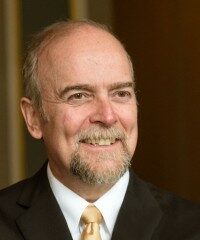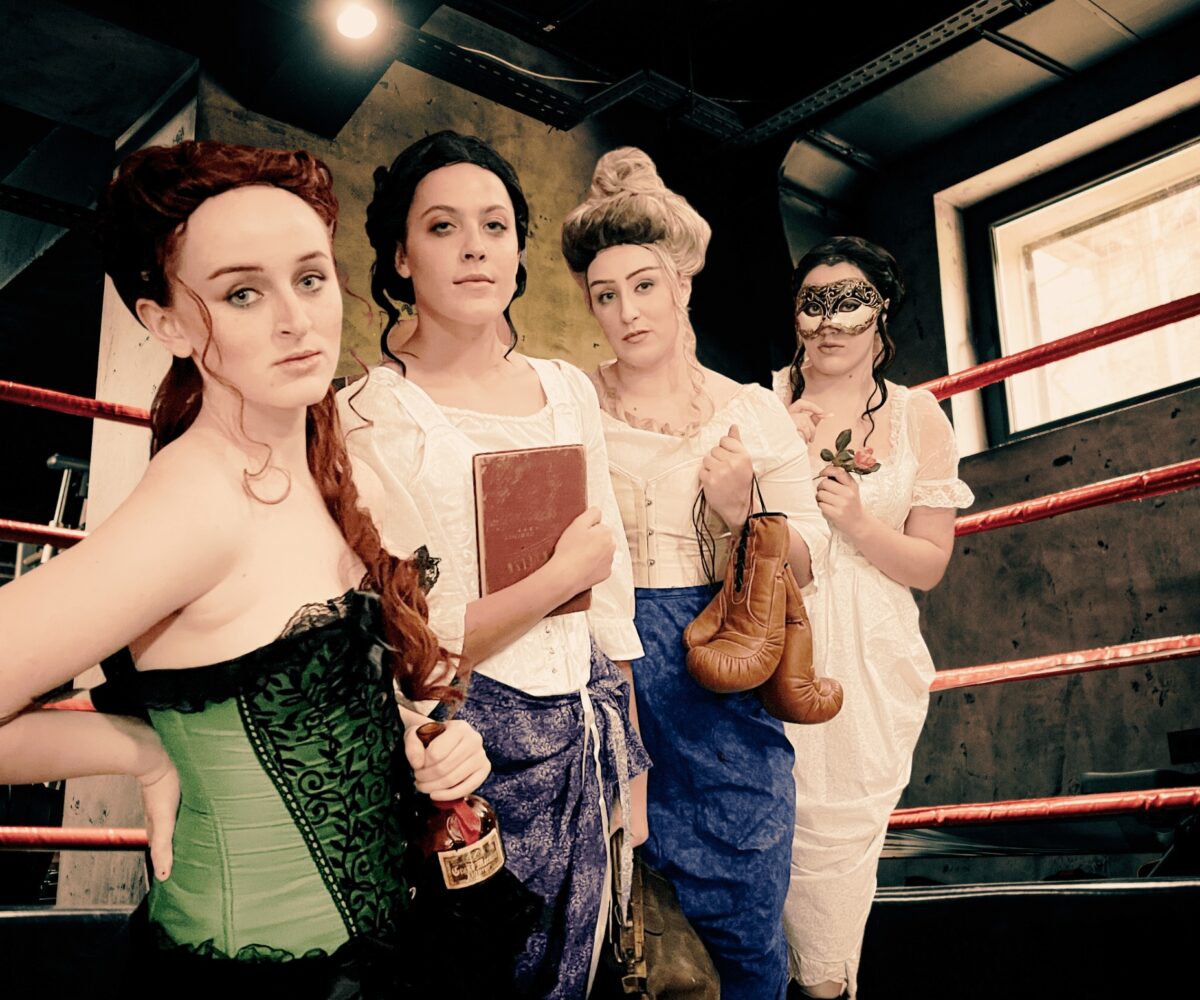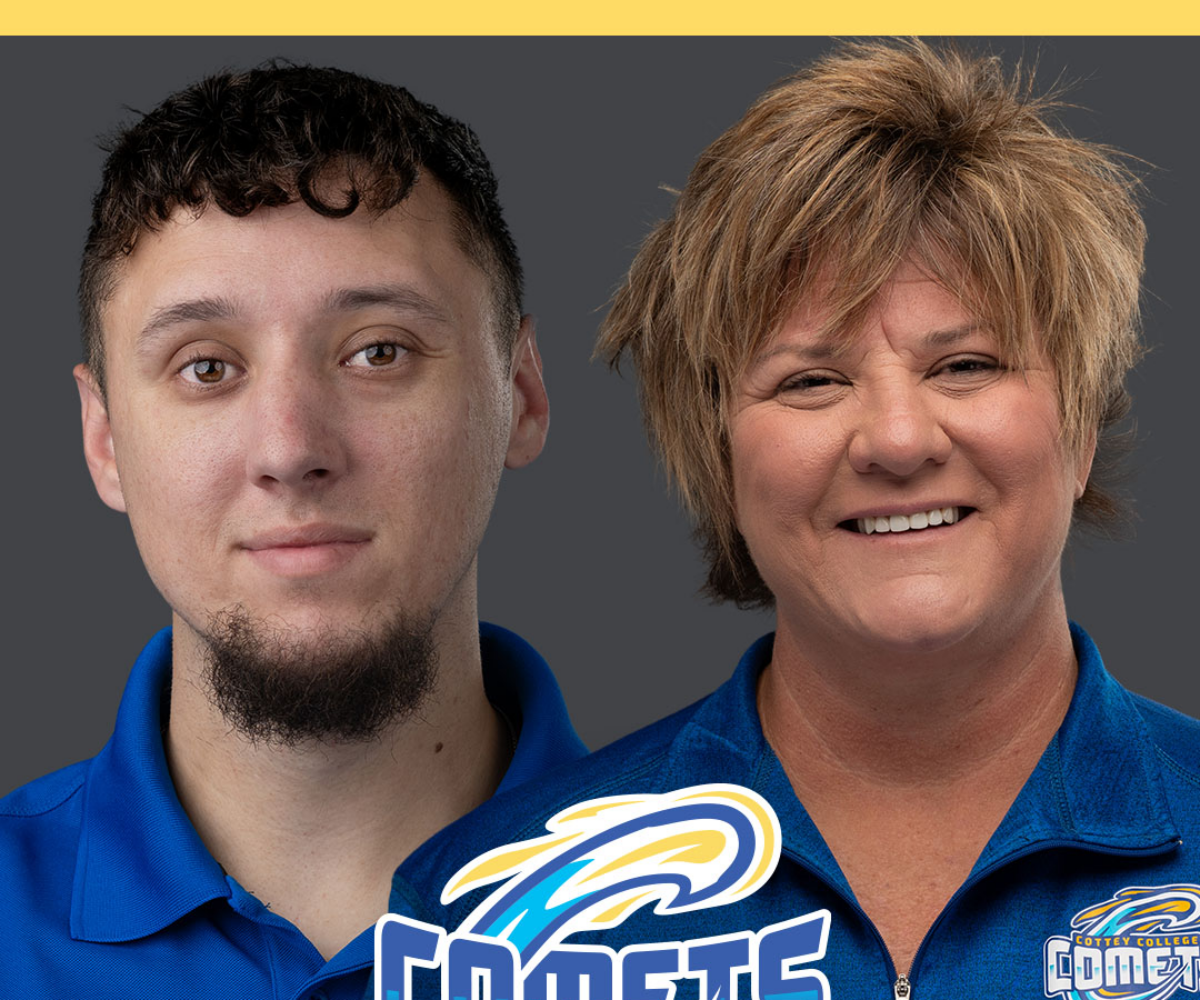“1000 Footsteps Tell the Story” is an exhibit by Sandra Van Tuyl that aims to start a conversation about refugees. The exhibit will be held in the P.E.O. Foundation Art Gallery on the Cottey College campus opening on October 28.
According to the United Nations High Commissioner for Refugees (UNHCR), as of 2021 there were 82.4 million displaced persons in the world; 26.4 million were refugees, and half of that number are children.
“1000 Footsteps Tell The Story” is an exhibition to open a window into the journey story of refugees, specifically focusing on those who now call the greater Kansas City metro area home. This story reflects the struggles and the joys of these individuals. The show includes drawings, photography and video.
Refugees Tell Stories
Portraits were taken of sewing classes held at Once We Were Refugees, a not-for-profit that teaches vocational skills to both women and men newly arrived in Kansas City. For some, these were the only photos they had after leaving their country of origin.
Art and stories from these refugees journeys is also on display
Viewers will hear refugees in their own words talk about their journey and see images of the journey quilts they made as part of the sewing class. These unique quilts tell the story of refugee families’ flights from their home countries, life in camps, and their voyage to safety. Images and designs stand in for words to document a story before it is forgotten. Each quilt provides a physical reminder of the flight from their home country. It is also a way to pass their journey story down to future generations. The original quilts now reside with the families who created them.
Finding Purpose Teaching Refugees To Sew.
Ann Say did not know teaching sewing was how she wanted to spend her retirement years. Say now teaches sewing to refugees from war-torn countries like Somalia, South Sudan, Iraq and Syria. She said the work has challenged and energized her in ways she never expected.
Say, along with a growing group of volunteers, teaches a nine-week beginning sewing class that touches all the basics—cutting fabrics from patterns, sewing straight seams, using elastic, hemming and other skills. Many of her students have never used a pair of scissors. The final project is a narrative quilt.
Organizers work with Refugee and Agencies as Partners on the Exhibit
Sandra Van Tuyl, artist and organizer, stated that since this exhibit was first shown in 2018, the refugee partners in this exhibit have gone on to gain vocations and achieve citizenship. They want these stories told so viewers will understand the circumstances of those still under refugee status.
“We are all immigrants,” said Van Tuyl. “We have all had a journey story. My own family came over from Eastern Europe and homesteaded. That’s a story. The stories of these refugees are new stories of new Americans and how they begin their lives here.”
As a young woman at Center High School in Kansas City, Van Tuyl remembered parents, grandparents, aunts and uncles of schoolmates coming in on Holocaust Remembrance Day to talk about escaping the camps and of the family members who did not survive. “Then they would roll up their sleeves and show me the numbers on their arms. You can’t not care about populations once you know that your friends have been affected,” Van Tuyl said.
“1000 Footsteps Tell the Story” opened Thursday, October 28, 2021, in the P.E.O. Foundation Art Gallery. The Gallery is located inside the Haidee and Allen Wild Center for the Arts on the northeast corner of Austin and Tower streets in Nevada, Missouri. The gallery is open from 8 a.m. -5 p.m., Monday through Friday by appointment, and during evening of performances.
The collaboration of the P.E.O. Foundation Art Gallery, artists, refugees and advocacy groups for refugees make this show possible. Many refugees need protection against violence against themselves or family members still living in war-torn areas.




